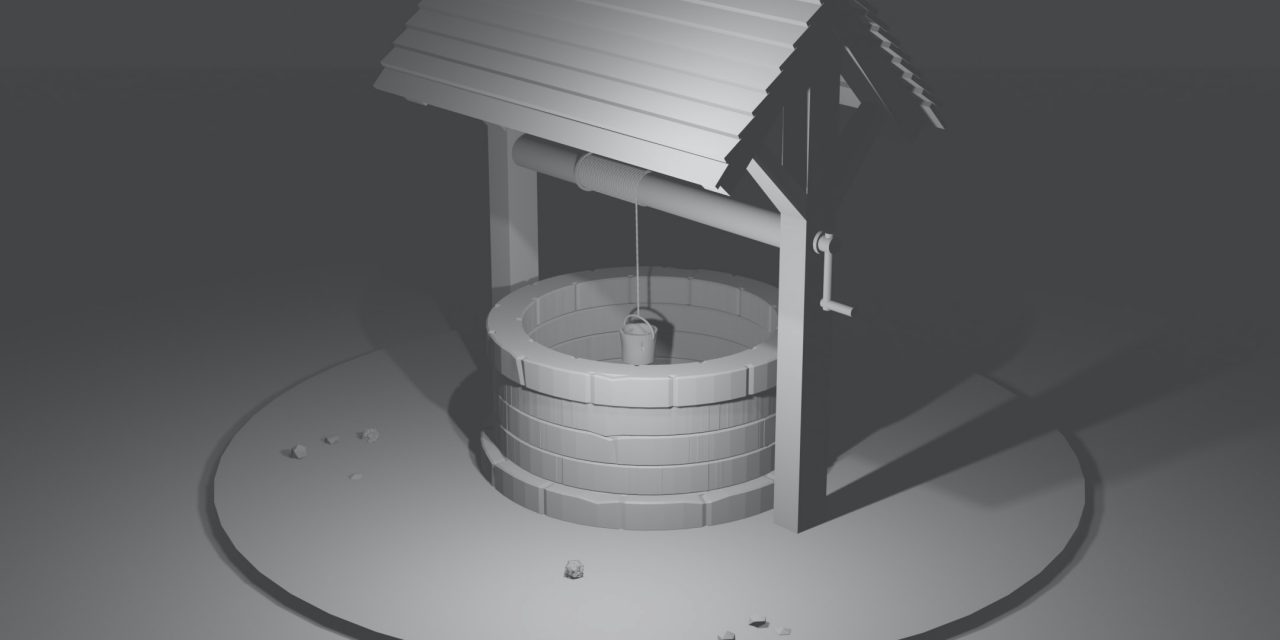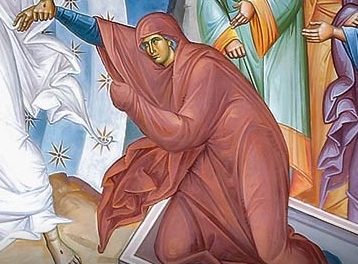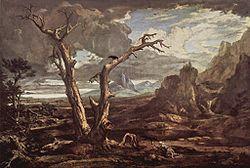Responsorial Psalm: Psalm 95:1-2, 6-7, 8-9
Second Reading: Romans 5:1-2, 5-8
Gospel Reading: John 4:5-42 (or 4:5-15, 19b-26, 39a, 40-42)
I think the most revealing line in the readings for this Third Sunday of Lent comes from the unnamed “woman of Samaria,” when she leaves the well to recruit her neighbors to meet Jesus.
“Come see a man who told me everything I have done.”
What she is most moved by, and what convinces her to take Jesus seriously enough to question, “Could he possibly be the Christ?” is not the kind of dramatic miracle that is emblematic of Jesus’s ministry throughout the Gospel of John. (This is why scholars often refer to the first major chunk of the Fourth Gospel as the “Book of Signs.”) Instead, it is something Jesus said.
Tellingly, the woman finds Jesus’s words significant not for what they say about him, but rather for what they reveal about her. It is Jesus’s unique ability to capture this woman’s self-understanding, the uncanny way this stranger seems to know her as deeply—or maybe more deeply—than she knows herself, that prompts her to stand in awe of this man and his power.
The depth of this connection is powerful enough on its own terms, but what I find most striking is the way this woman describes the content of the knowledge about her that Jesus communicated most clearly. In talking about her experience, she does not say “he told me who I am,” but rather he “told me everything I have done.”
I think there is a profound message here about the impact of our actions on our very being, for this woman is keenly aware of the way that her past decisions have made her who she is in the moment she encounters Jesus. She seems to be communicating a notion that is familiar to every virtue ethicists, namely that our actions can and do shape our character.
Whenever I think about this link, I am reminded of a compelling scene in Harry Potter and the Chamber of Secrets, when Professor Dumbledore helps Harry make sense of the peculiar whims of the Sorting Hat. “It is our choices, Harry, that show what we truly are, far more than our abilities.” (You can see the modified movie version of the quote here.)
There is a crucial way in which our choices do not simply illustrate what we are but actually make us who we are. As Aristotle insisted, “we become just by doing just acts, temperate by doing temperate acts, brave by doing brave acts” (Nicomachean Ethics, II).
The woman at the well realized the way actions can, and do, form us in her interactions with Jesus. In the process, she tried to entice her friends to find out more about him because he was able to give a full accounting of her past actions, thus expressing who she had become. What her words offer to us today, then, is a reminder of the power of our choices and the importance of taking the time to discern how to choose, and then act rightly.
We can see the same power of our choices in the First Reading, from the Book of Exodus, although this time the lesson comes from the other side. In this instance, the Israelites are lamenting a past choice that they now feel is not yielding the results they had desired. “Why did you ever make us leave Egypt?” they demand of Moses.
On one level, their “grumbl[ing] against Moses” is understandable, as I can only imagine how uncomfortable it must have been to wander in the desert. On another level, however, their regret over this choice reflects their unwillingness to examine and appreciate how God’s choices and actions had been revealing God’s true nature all along.
In essence, the Israelite frustration is only possible as a result of their short memory. They are cognizant of their immediate suffering in the desert, but they are quick to forget the pains of slavery and the way God intervened to liberate them from that oppression. They thus have come to doubt God’s compassionate care for them, meaning that they are not sure how this God will treat them next.
If they spent more time thinking about how those actions revealed the nature of God, however, they would find that they have nothing to fear, for clearly the same God who took them out of Egypt would not have acted that way “just to have [them] die here of thirst.”
I think this is the reason St. Paul, in the Second Reading from the Book of Romans, goes to such great lengths to recount the work that God has done in Christ. He stresses the unusual nature of Christ’s death—that he was willing to sacrifice himself for us, not because we were better than him and he wanted us to carry on in his place, but precisely because we were so unworthy through our sins.
By stressing the choices God has made, Paul is helping us connect the dots from what God did to who God is.
This is how the woman at the well can help us this Lent. She invites us to imagine how well God understands all that we have done, so that we can better appreciate who we are right now and how we might still want to change during this season of repentance. And, she also invites us to appreciate what God as done, so that we can be reassured that this God is precisely the one who wants to help us through that process of repentance.
May we heed the call in the weeks ahead as we prepare to celebrate Easter.





